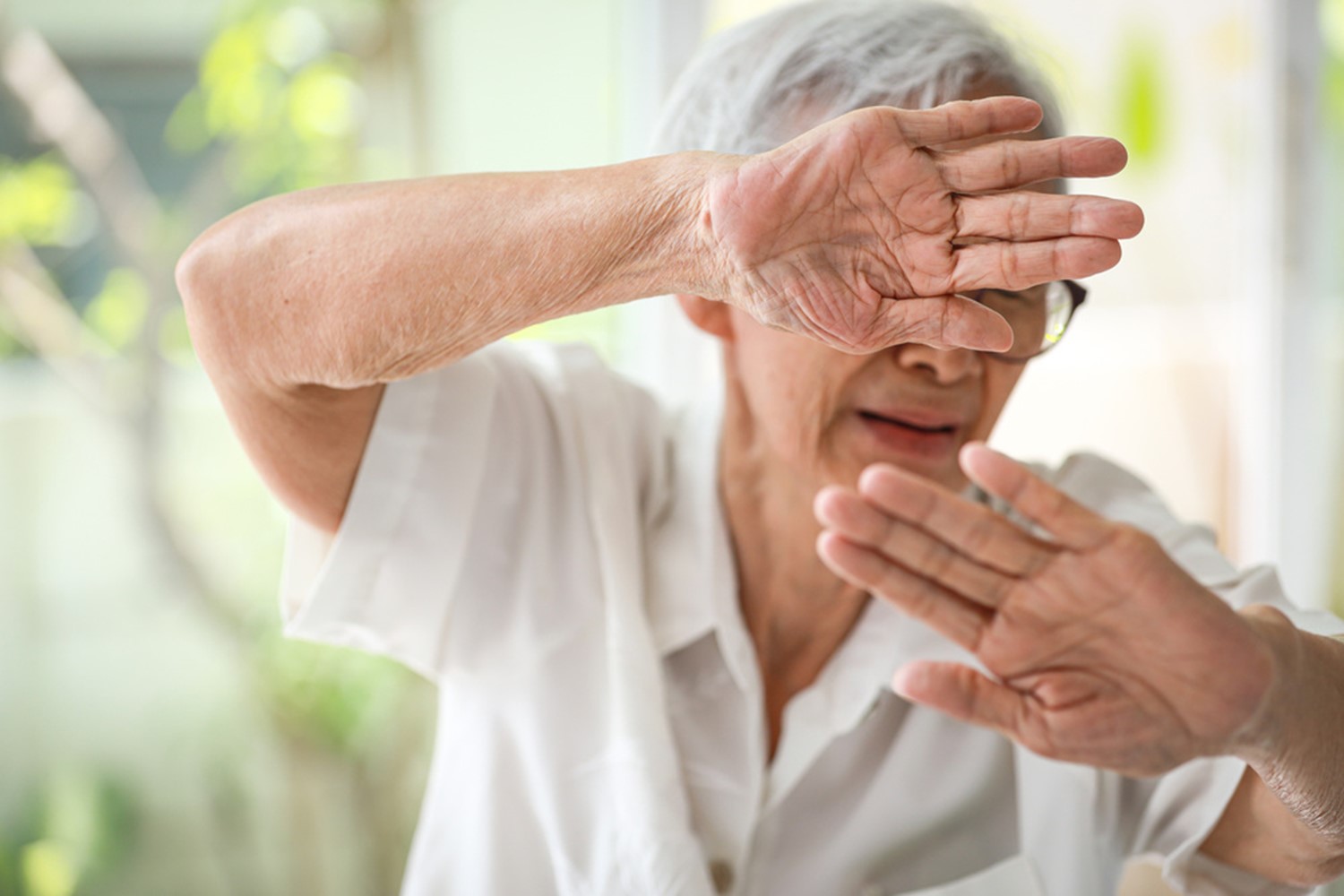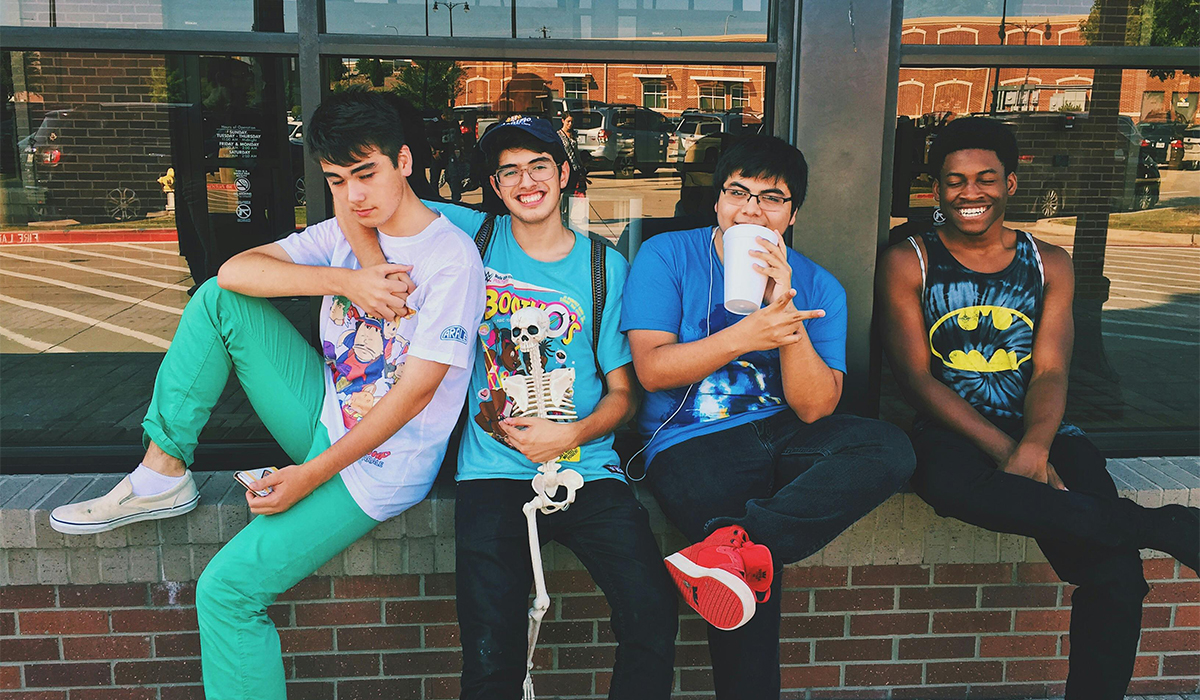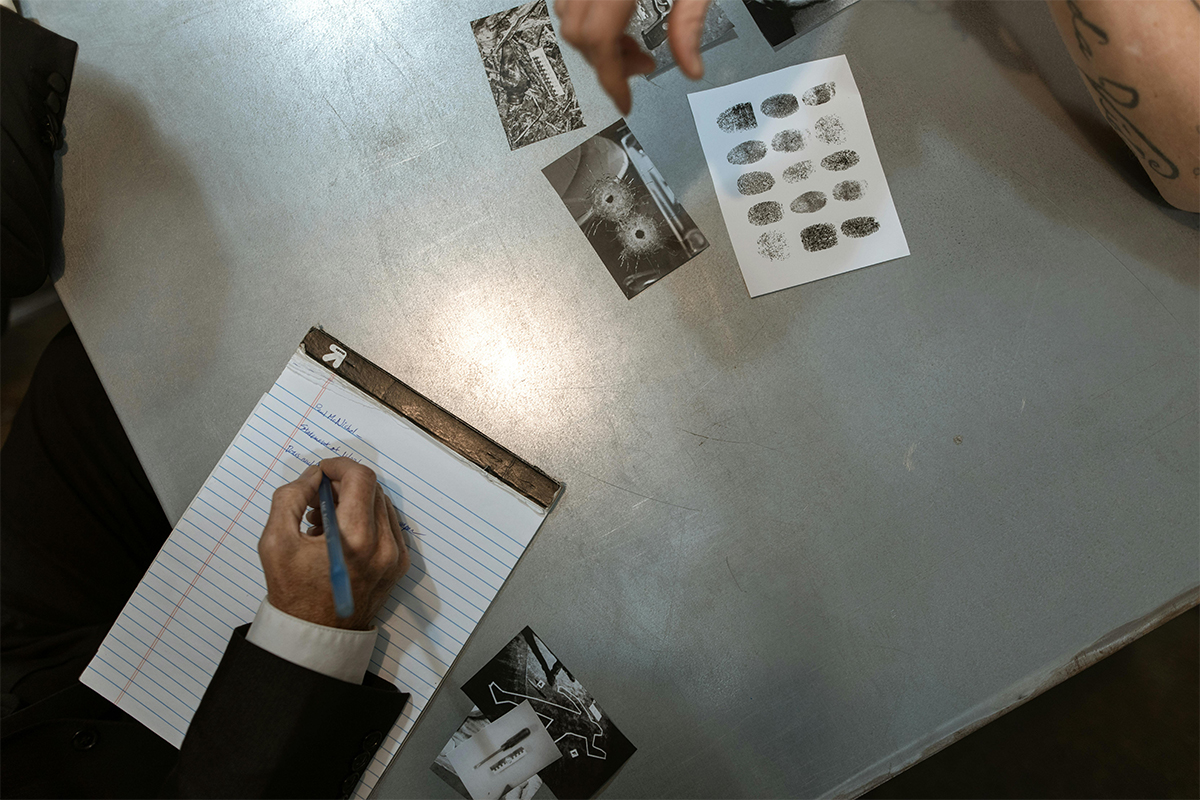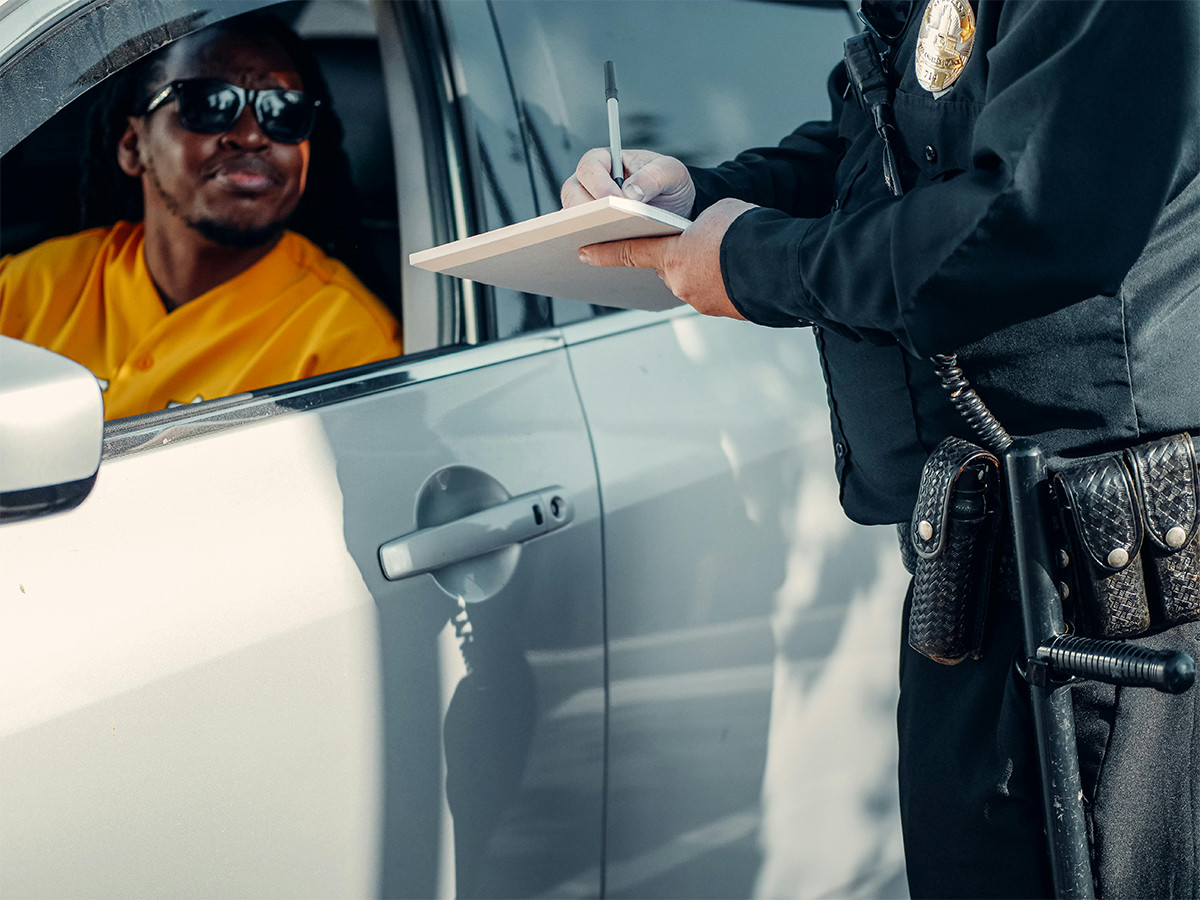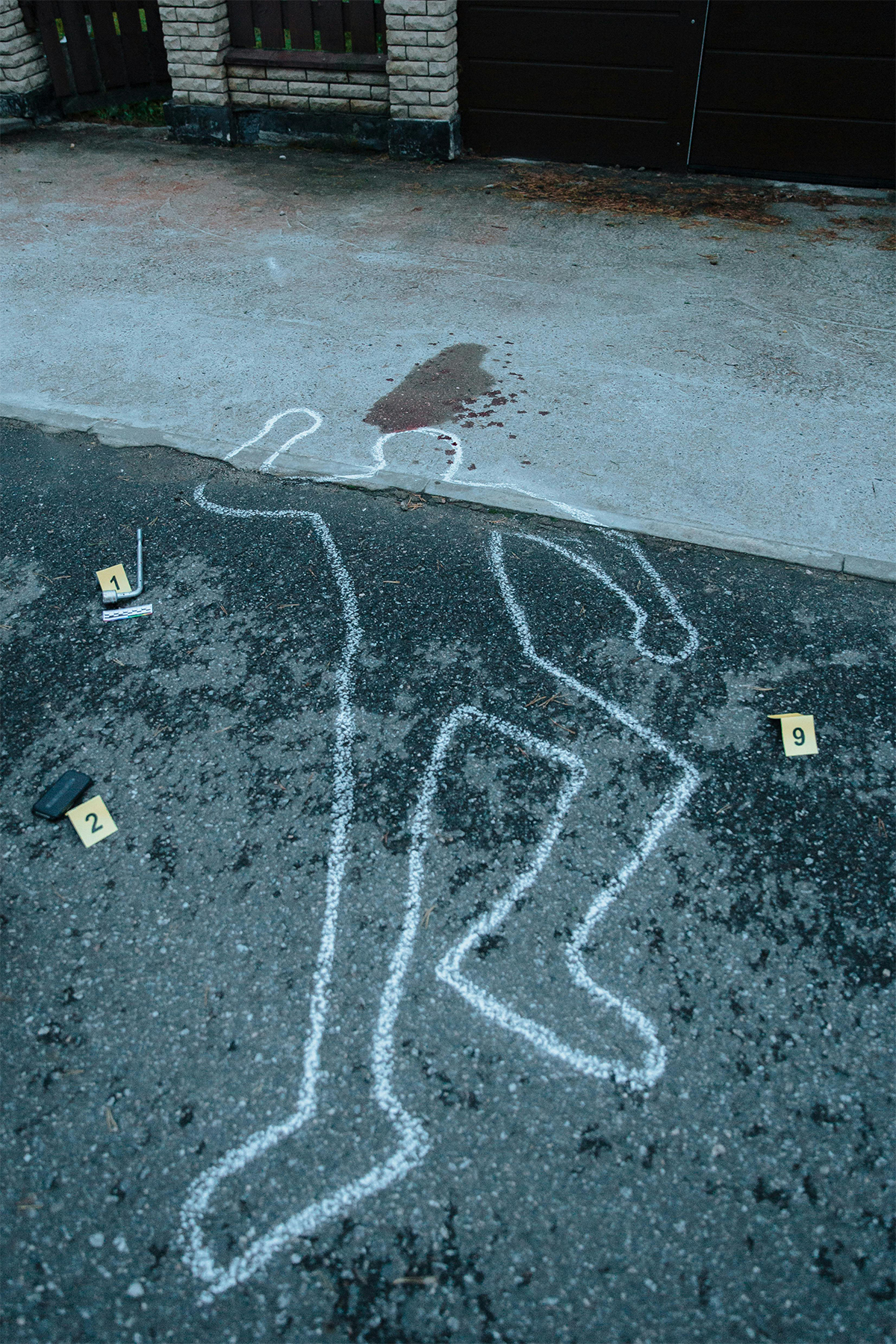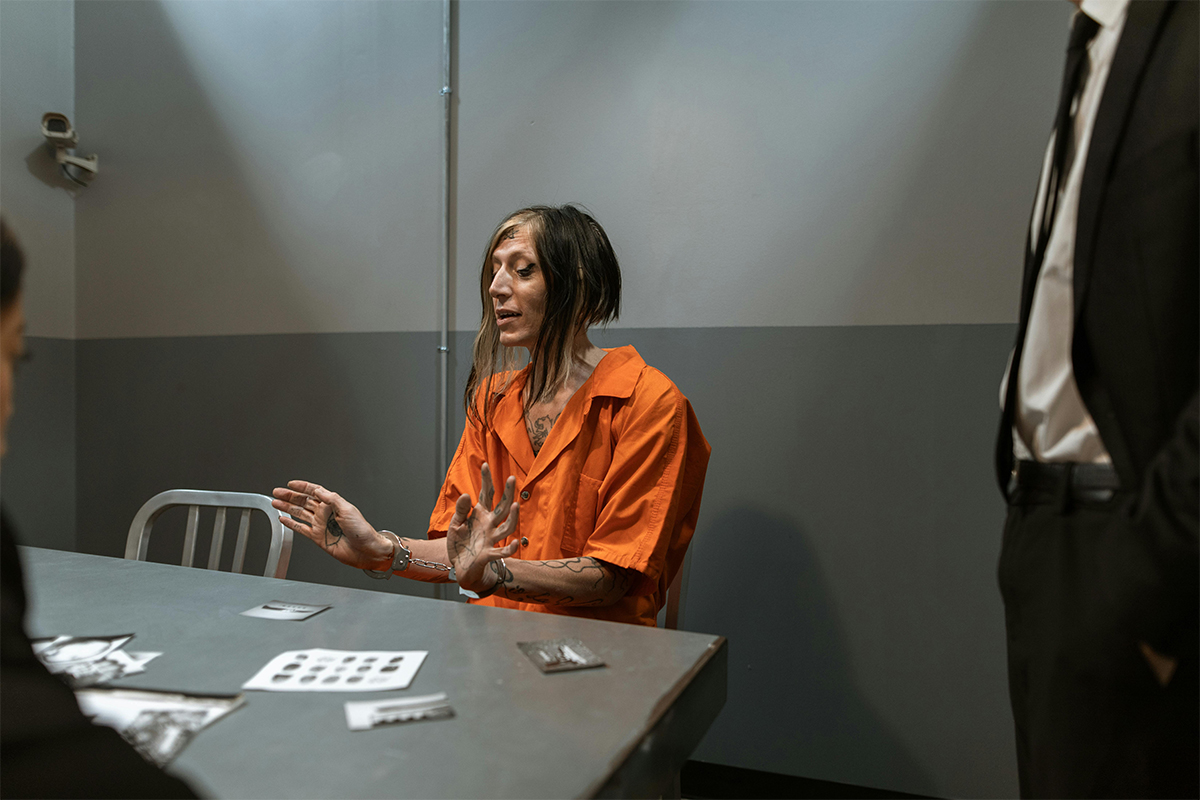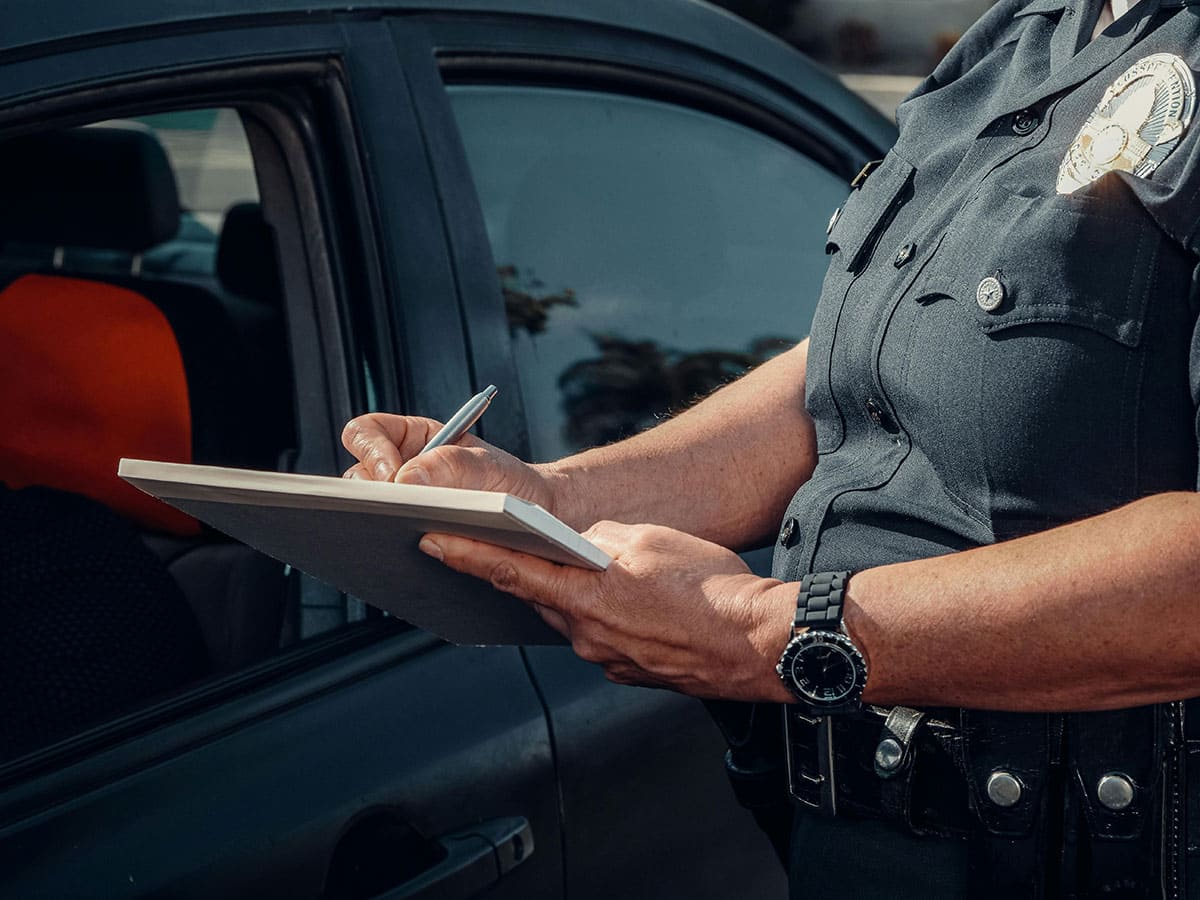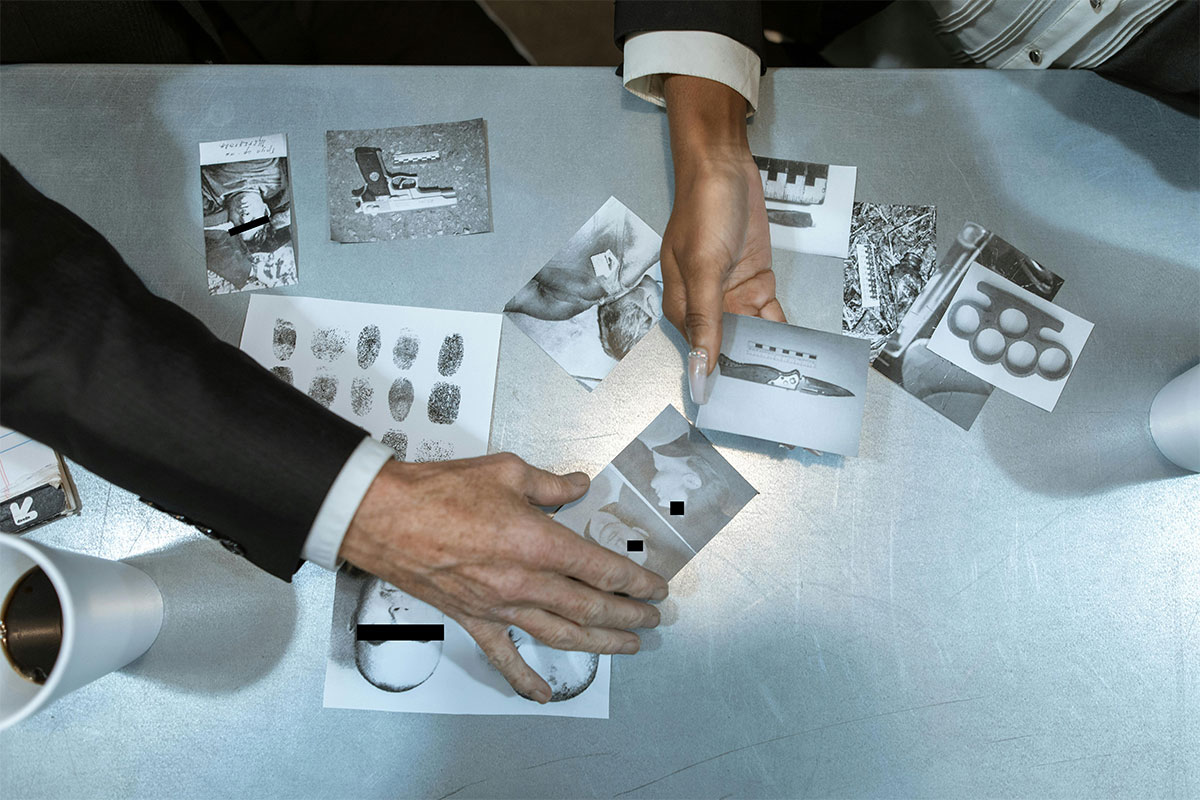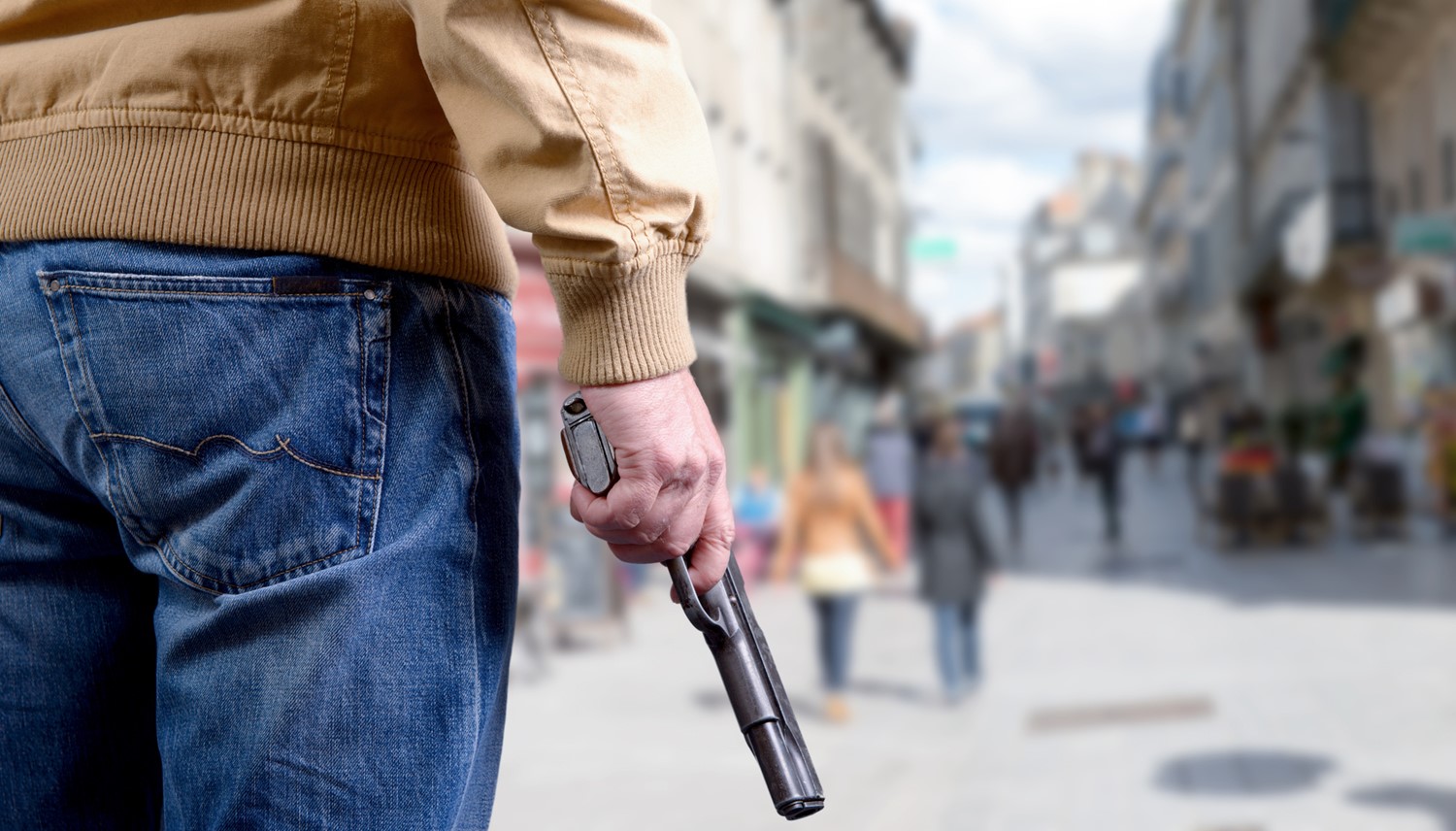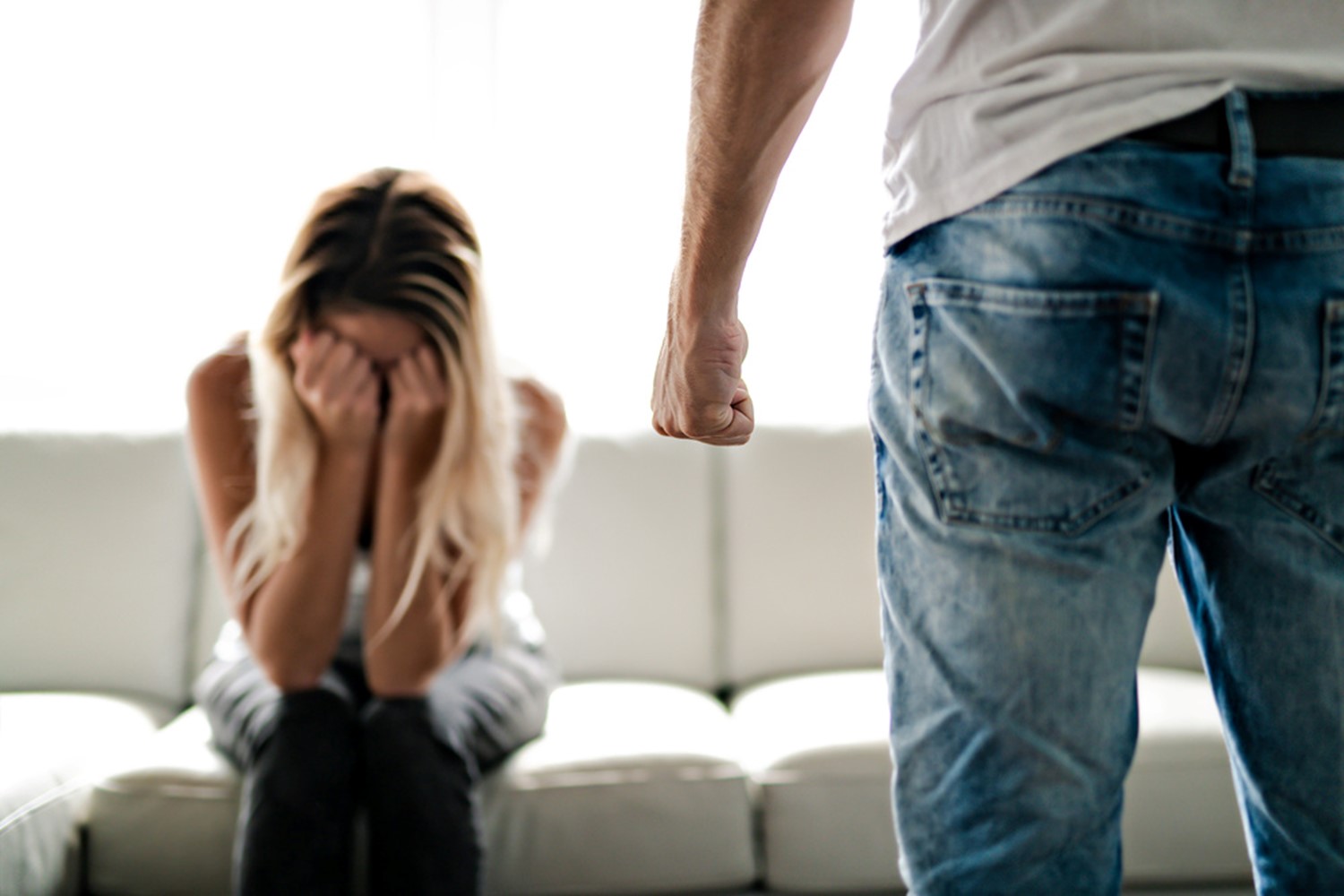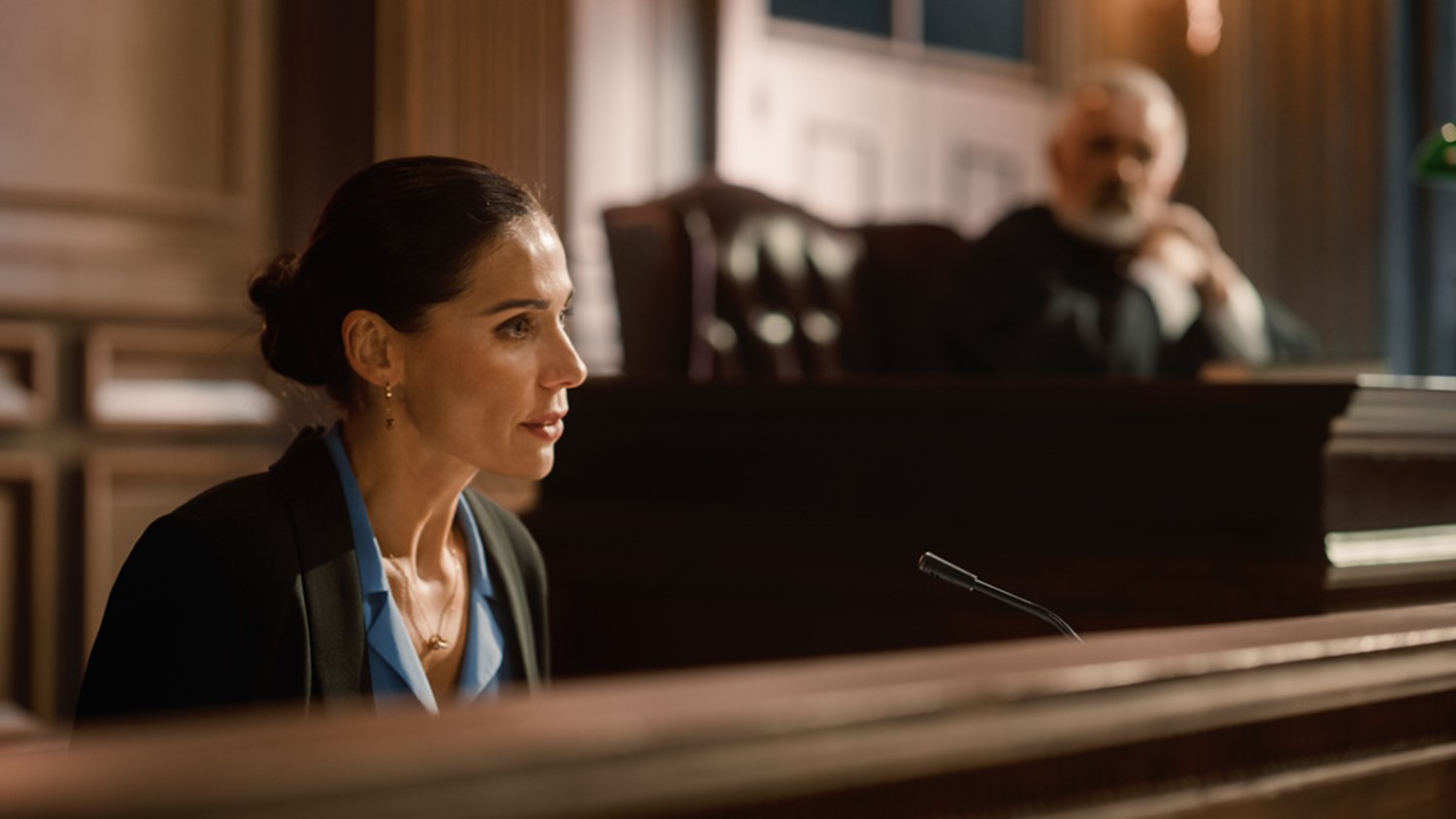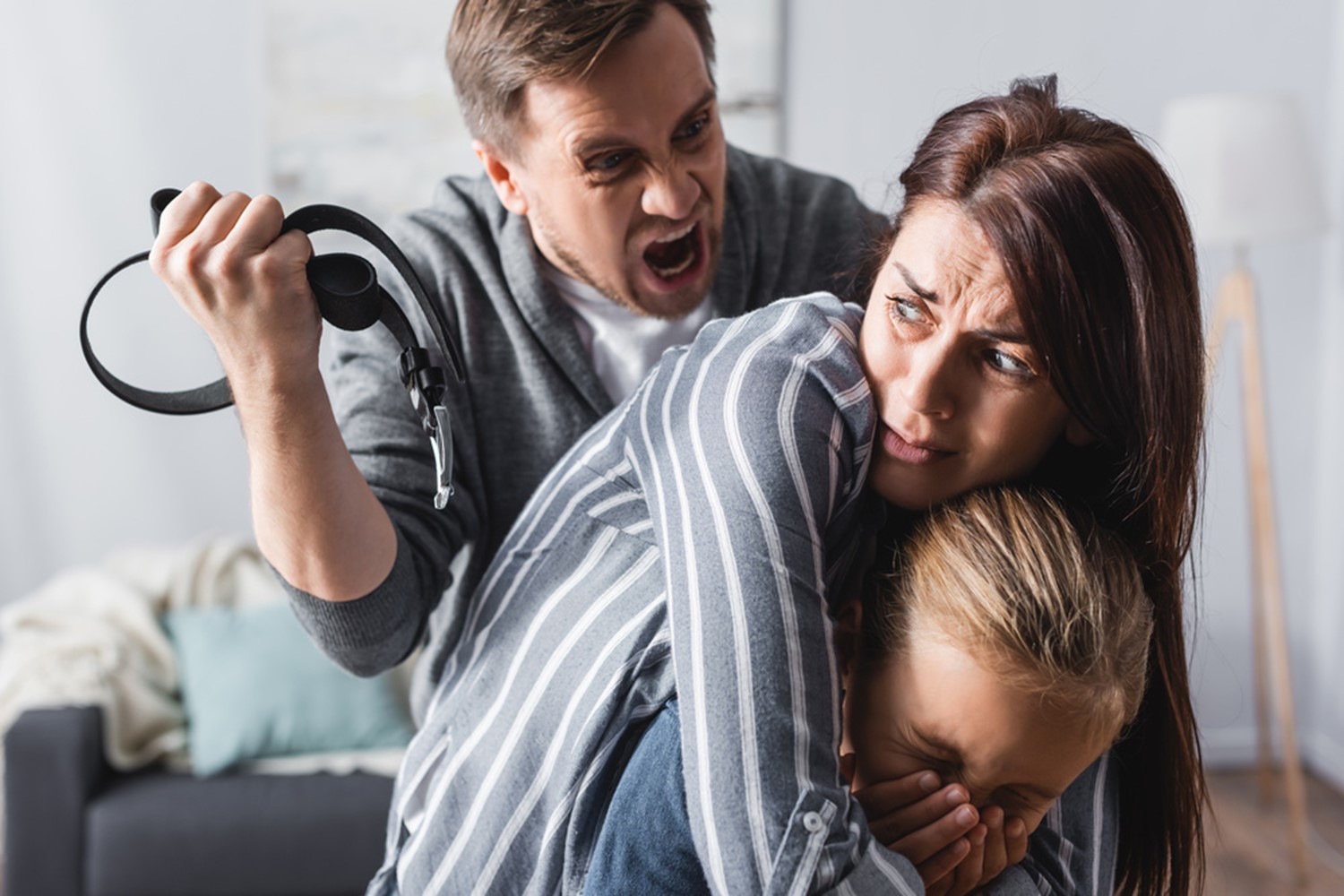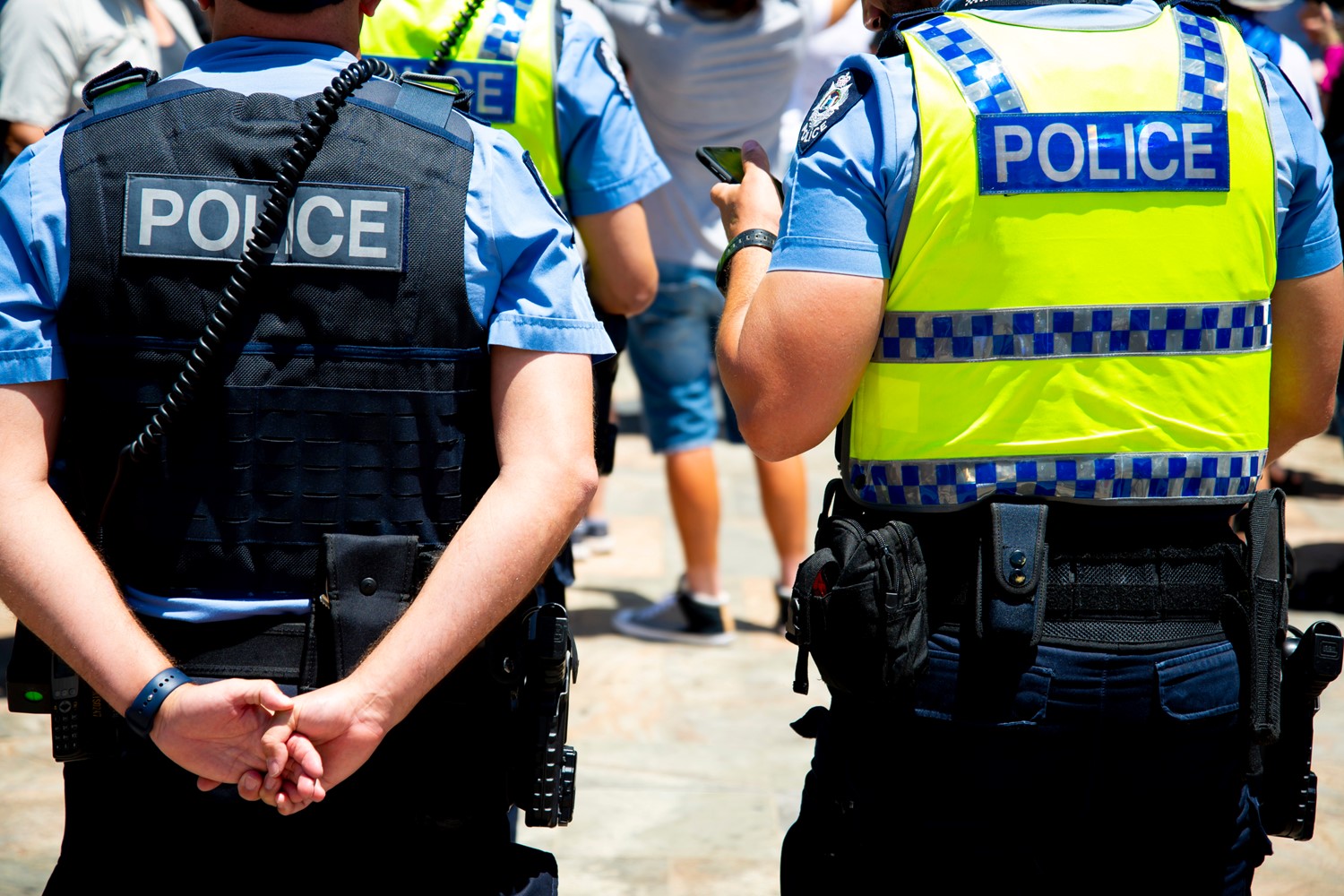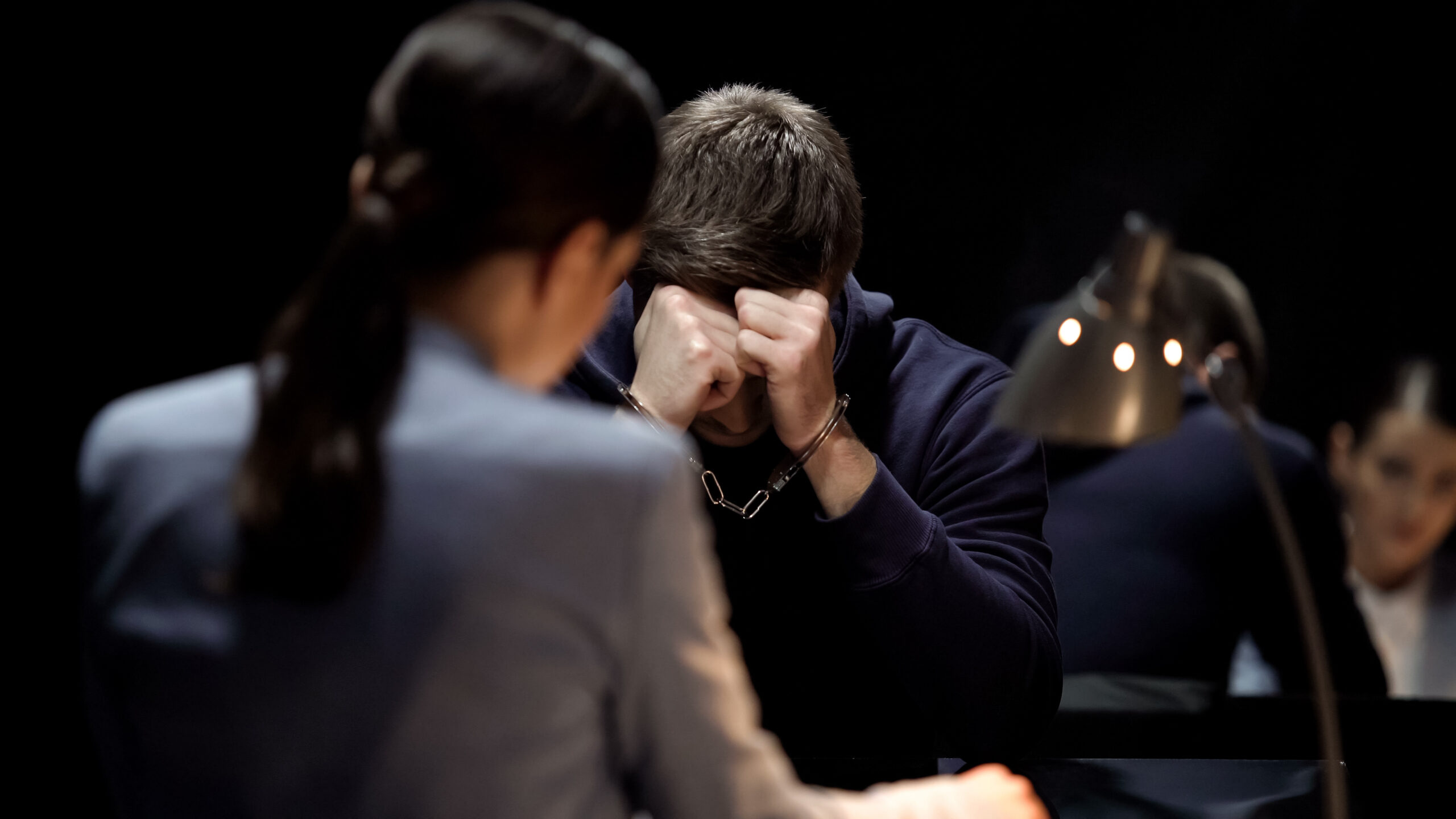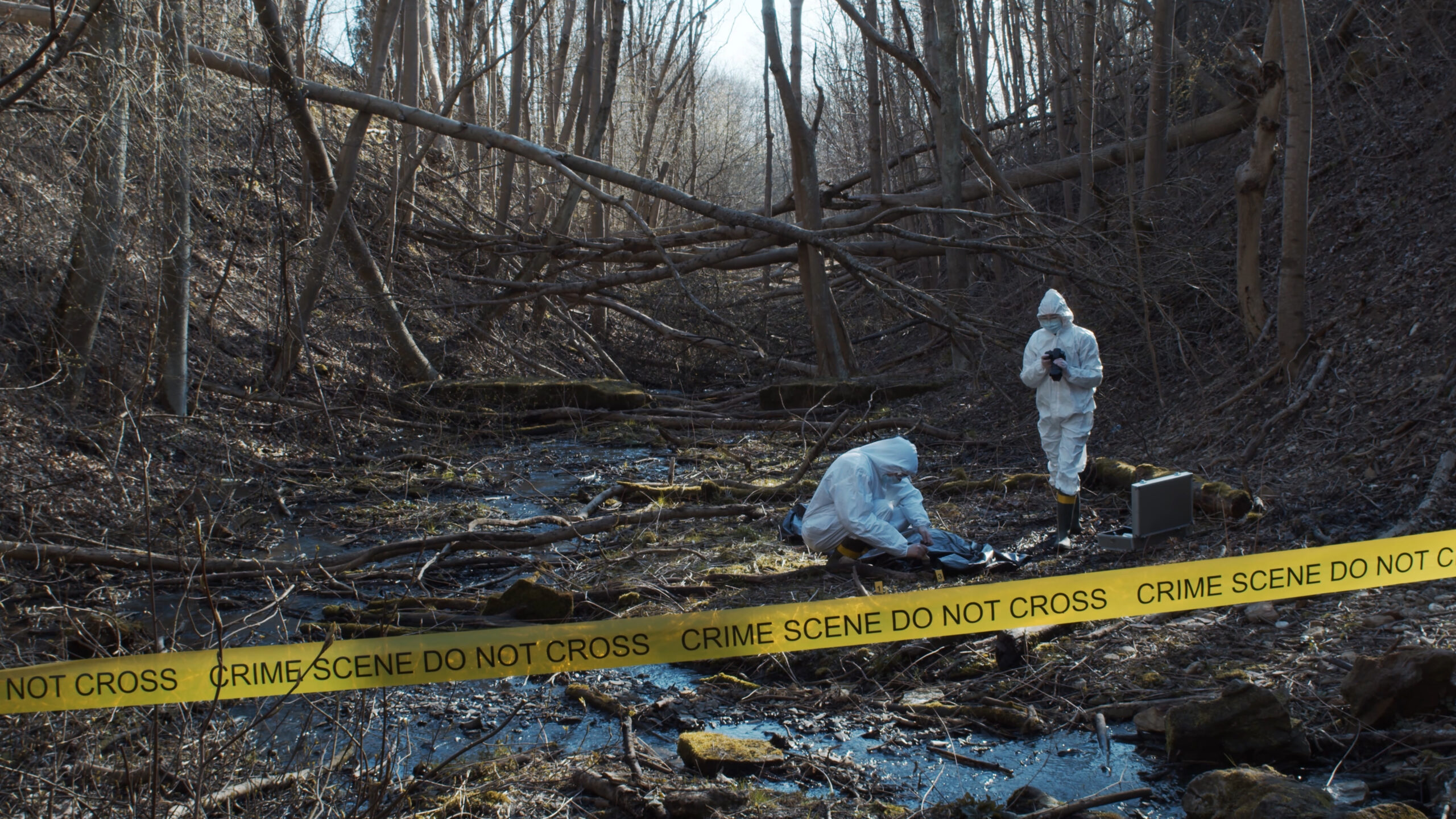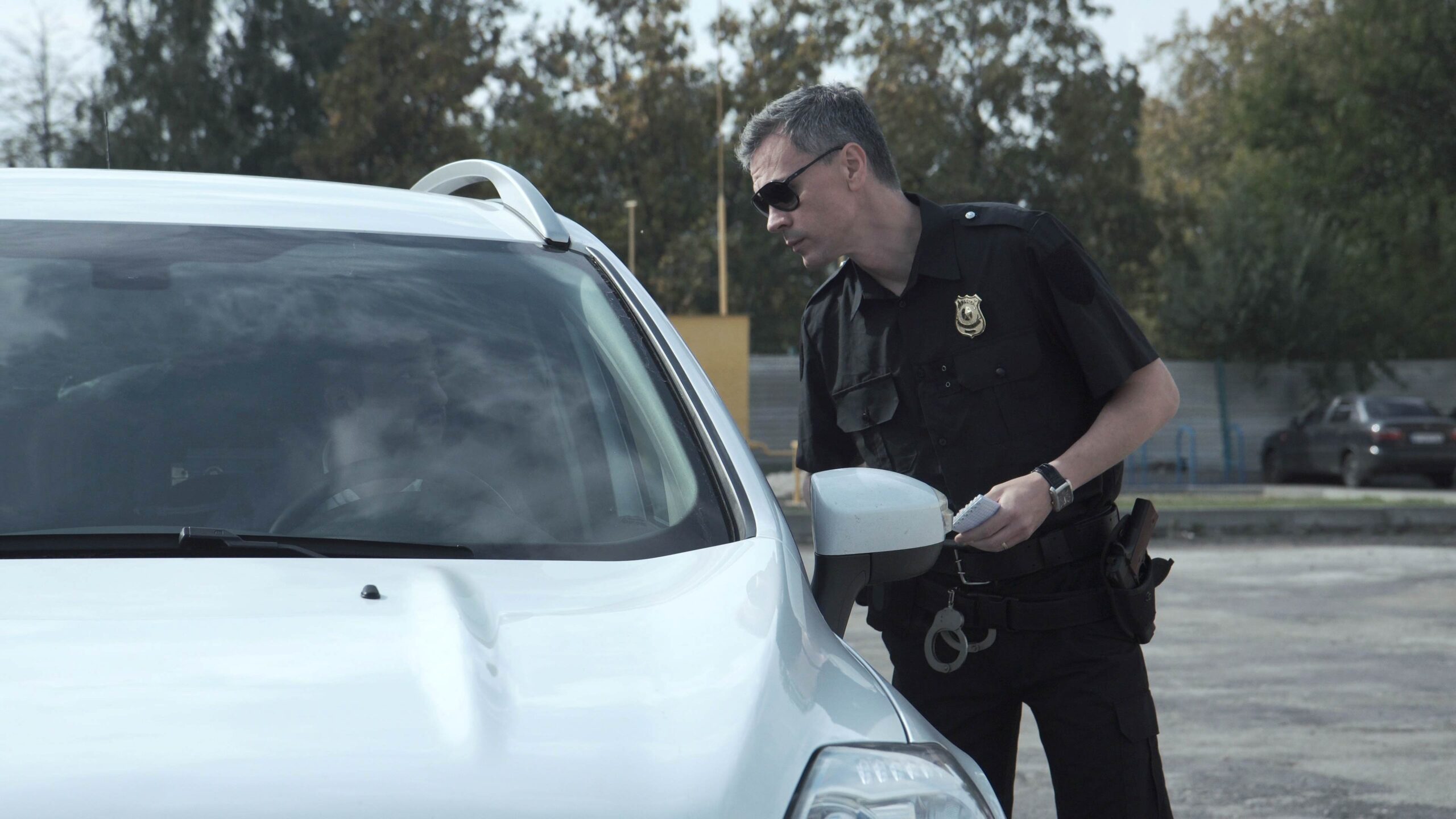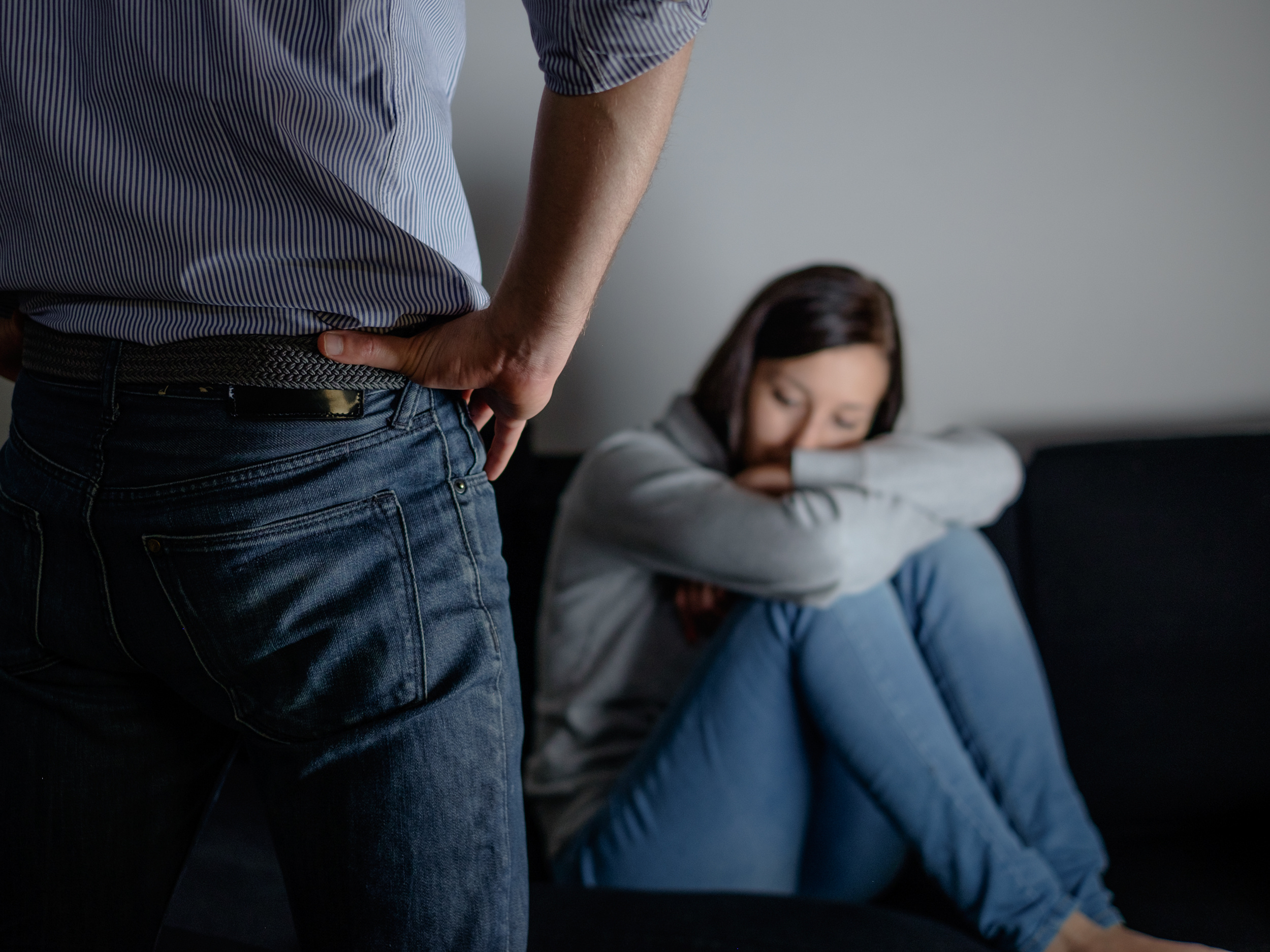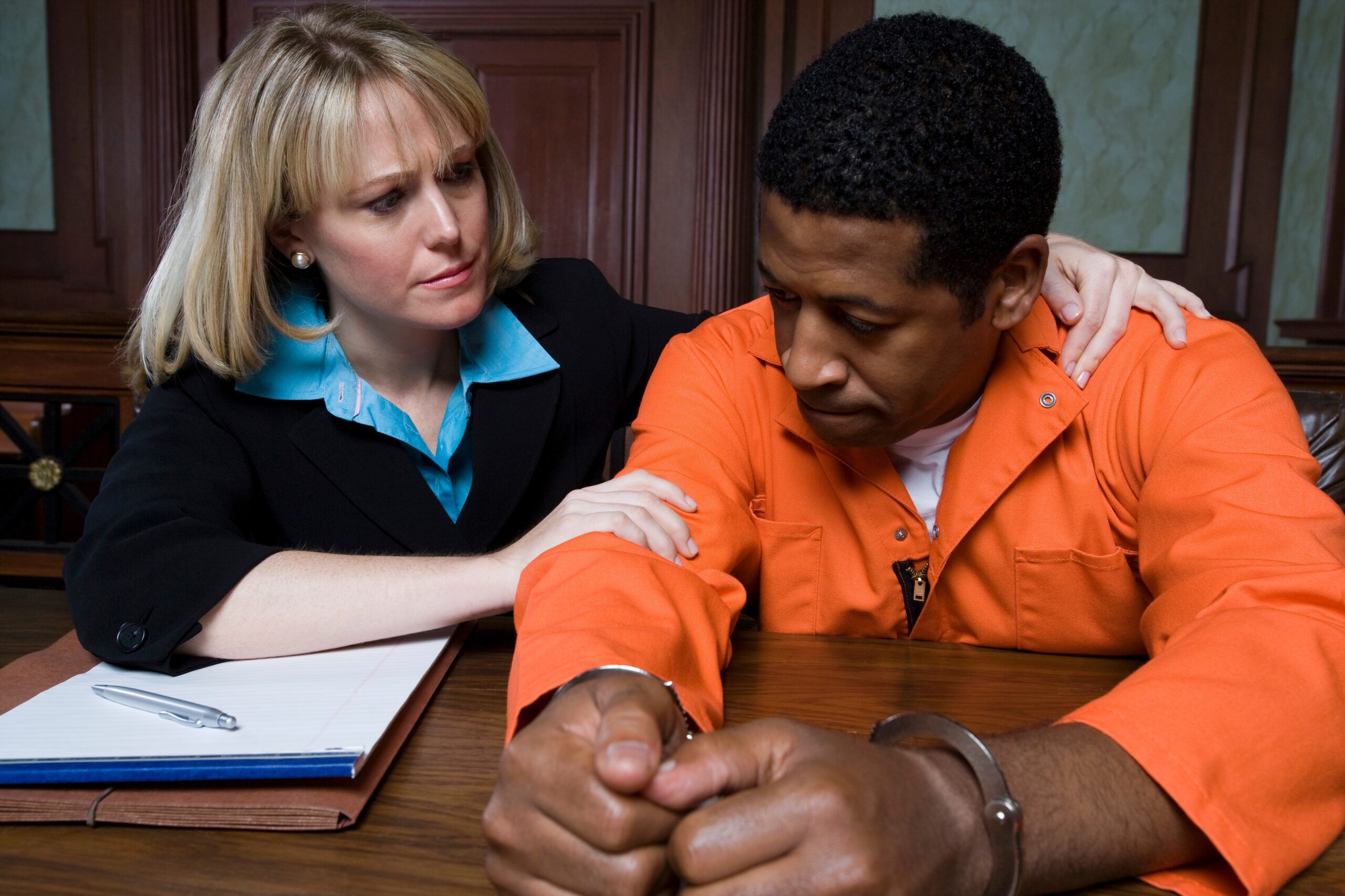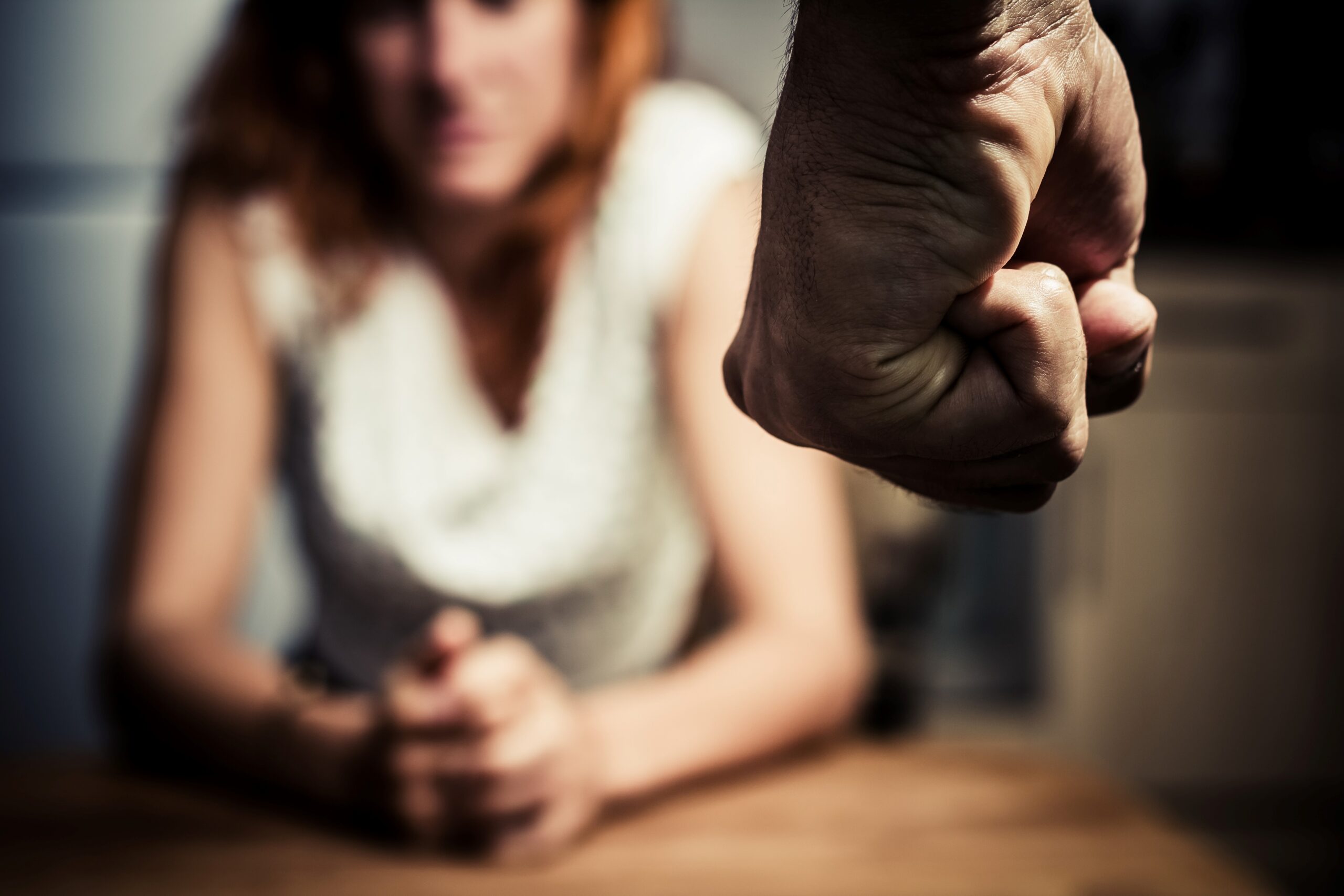Table of Contents
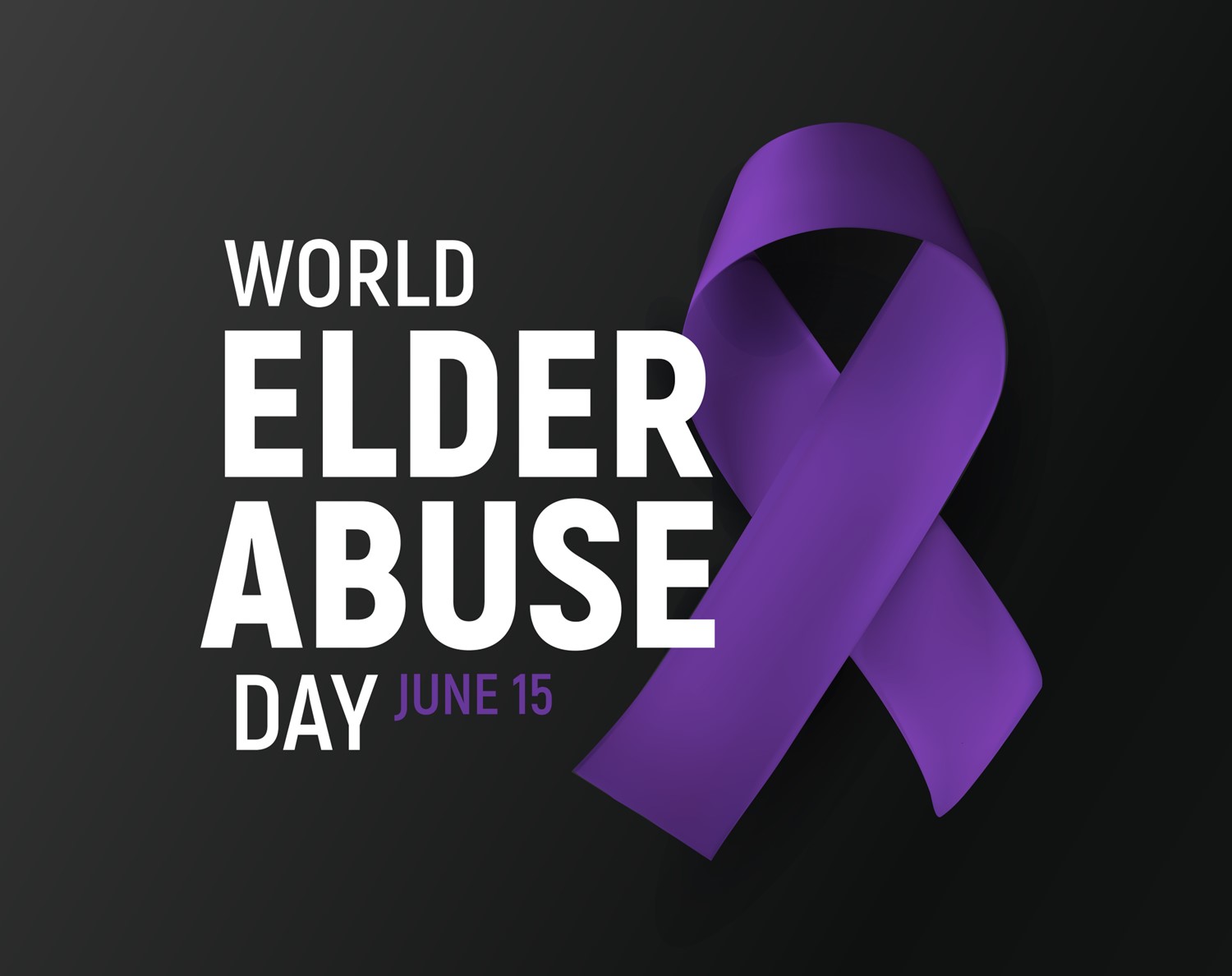 The abuse of the elderly is a social issue that many don’t talk about. Unfortunately, it’s a problem that’s often overlooked but more prevalent than you might think. According to statistics, one in nine adult care receivers reports having experienced some form of elder abuse. That includes sexual assault, exploitation, and neglect.
The abuse of the elderly is a social issue that many don’t talk about. Unfortunately, it’s a problem that’s often overlooked but more prevalent than you might think. According to statistics, one in nine adult care receivers reports having experienced some form of elder abuse. That includes sexual assault, exploitation, and neglect.
It’s essential to know the signs and risk factors to help prevent it from happening to your loved one or any other senior citizen in your circle of friends or family. If you think your loved one is being abused, take action and be assertive before it gets worse. Here are five signs of sexual abuse against the elderly that you should be aware of:
- Bruising And Unexplained Injuries
In most cases of sexual abuse, physical injuries of some kind are evident. Thigh and pelvic area injuries are the most common indicators of sexual abuse in aged care. These injuries may occur days or weeks before the victim reveals them or before you notice them.
If your loved one stays in a nursing home or is being taken care of by someone at home, make it a point to check on them when you visit. You should look for bruises, cuts, or scratches that are in the healing stage. You can also check for fresh ones, especially if there’s no reasonable explanation for how they got there.
- Depression And Social Withdrawal
One of the possible sexual abuse indicators against the elderly is a drastic change in mood and social behaviour. The victim may become withdrawn and depressed, lacking interest in things they once loved. They may also show anxiety, insomnia, poor eating habits, and even suicidal thoughts. These may be caused by feelings of guilt or shame from the abuse and the fact that they can’t stop it.
- Unexplained STDs, Infections, And Vaginal Bleeding
Another sign of sexual abuse against the elderly is STDs (sexually transmitted diseases), infections, vaginal bleeding, or undiagnosed bladder or bowel control issues. The victim’s lack of knowledge about their sexual history or their partners makes them vulnerable to false promises or deception.
If you know that your loved one is not sexually active, a sexually transmitted infection or STI should be a big red flag. Remember that ome STDs, like herpes, can remain in the body without any symptoms and can be transmitted to others even when no signs are visible.
- Difficulty In Walking, Sleeping, Or Sitting
In some cases, difficulty in walking and sitting can be one of the indicators of sexual abuse in elderly care. Physical injuries and damages make it difficult to walk or sit as a result of the victim’s inability to consent to a forceful sexual act. The victim’s inability to deny consent makes them vulnerable to abuse, even if they don’t understand what’s happening to them.
- Torn Or Stained Clothing, As Well As The Presence Of Blood
In some cases, torn and bloody underwear are indicators of sexual abuse in elders. There’s also the possibility that the senior may have been restrained or tied up during an assault. As a result, you want to look for torn or blood-stained clothing, blood, or other fluids that may have been cleaned.
What To Do
Take the older person to a safe place such as a hospital or doctor’s office. If you suspect that an elderly relative or friend is being abused, don’t confront them about it in the presence of others. The abuser may be able to act out their anger on your loved one if there are witnesses. Violence may also occur.
Create a safe environment for your loved one by immediately removing them from the situation and taking them to a place where they can talk about what happened. If possible, try to find out where the abuse took place and who else was involved. You may also want to ask for written proof of the abuse.
Contact the police and report the suspected abuse to them. To seek justice for your loved one, do this immediately.
Get medical help for the elderly if they are injured or if they show signs of being sexually assaulted.
Talk to your family members and friends about what happened. Talk about your feelings, too, especially if you feel guilty about not having noticed any signs that something was wrong before now.
Conclusion
In most cases, seniors are the most vulnerable to sexual abuse because of their lack of mobility, the inability to report their abuser, and the fact that they are often seen as easy targets. Take the above five signs into account, and you’ll be able to spot sexual abuse against the elderly early enough to take action and help the victim.

